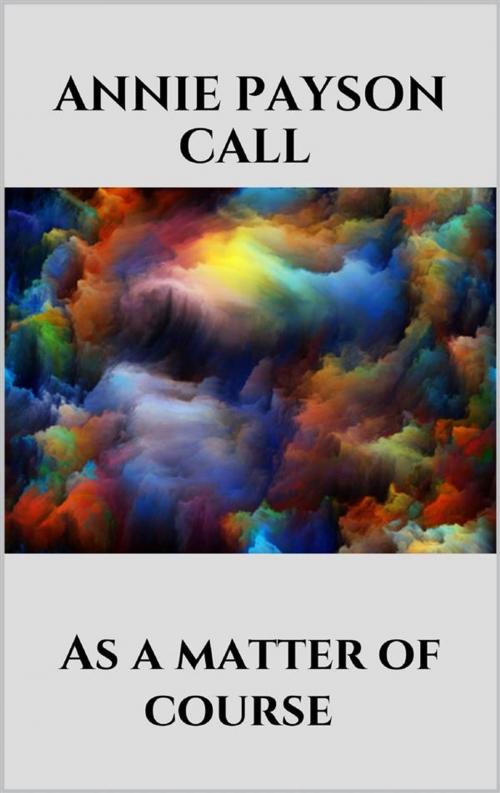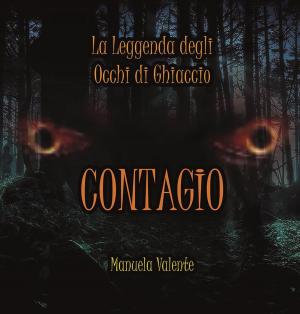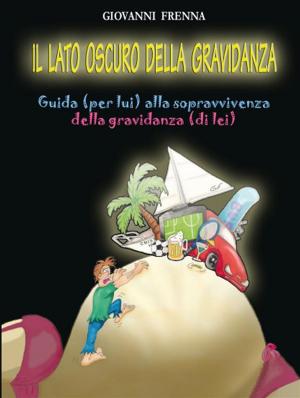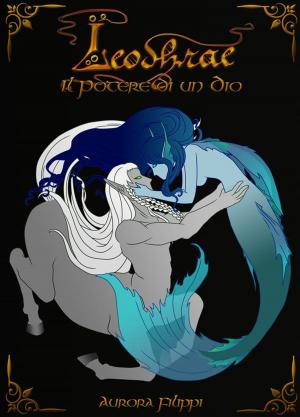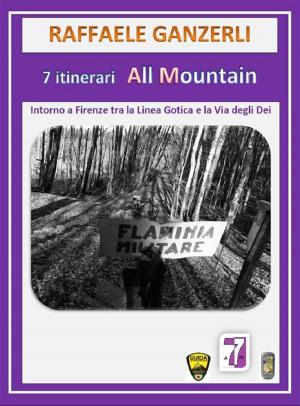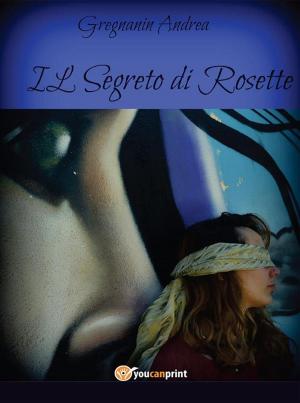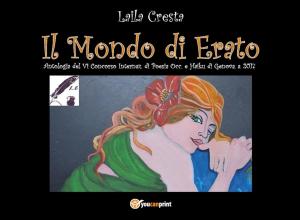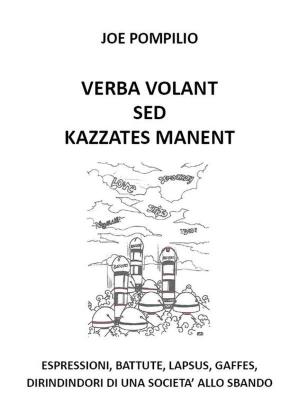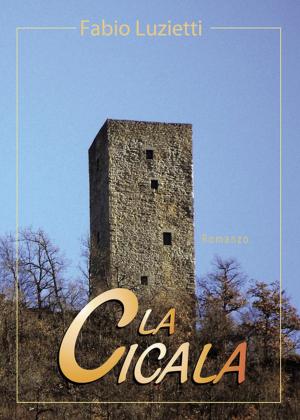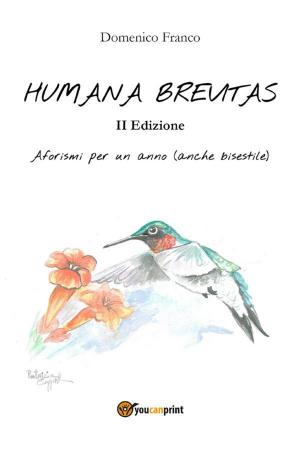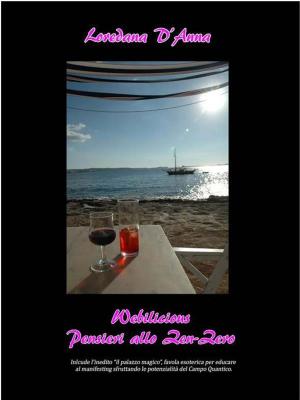| Author: | Annie Payson Call | ISBN: | 9788831634458 |
| Publisher: | Youcanprint | Publication: | August 5, 2019 |
| Imprint: | Language: | English |
| Author: | Annie Payson Call |
| ISBN: | 9788831634458 |
| Publisher: | Youcanprint |
| Publication: | August 5, 2019 |
| Imprint: | |
| Language: | English |
In climbing a mountain, if we know the path and take it as a matter of course, we are free to enjoy the beauties of the surrounding country. If in the same journey, we set a stone in the way and recognize our ability to step over it, we do so at once, and save ourselves from tripping or from useless waste of time and thought as to how we might best go round it.
There are stones upon stones in every-day life which might be stepped over with perfect ease, but which, curiously enough, are considered from all sides and then tripped upon; and the result is a stubbing of the moral toes, and a consequent irritation of the nervous system. Or, if semi-occasionally one of these stones is stepped over as a matter of course, the danger is that attention is immediately called to the action by admiring friends, or by the person himself, in a way so to tickle the nervous system that it amounts to an irritation, and causes him to trip over the next stone, and finally tumble on his nose. Then, if he is not wise enough to pick himself up and walk on with the renewed ability of stepping over future stones, he remains on his nose far longer than is either necessary or advisable.
These various stones in the way do more towards keeping a nervous system in a chronic state of irritation than is imagined. They are what might perhaps be called the outside elements of life. These once normally faced, cease to exist as impediments, dwindle away, and finally disappear altogether.
Thus we are enabled to get nearer the kernel, and have a growing realization of life itself.
Civilization may give a man new freedom, a freedom beyond any power of description or conception, except to those who achieve it, or it may so bind him body and soul that in moments when he recognizes his nervous contractions he would willingly sell his hope of immortality to be a wild horse or tiger for the rest of his days
In climbing a mountain, if we know the path and take it as a matter of course, we are free to enjoy the beauties of the surrounding country. If in the same journey, we set a stone in the way and recognize our ability to step over it, we do so at once, and save ourselves from tripping or from useless waste of time and thought as to how we might best go round it.
There are stones upon stones in every-day life which might be stepped over with perfect ease, but which, curiously enough, are considered from all sides and then tripped upon; and the result is a stubbing of the moral toes, and a consequent irritation of the nervous system. Or, if semi-occasionally one of these stones is stepped over as a matter of course, the danger is that attention is immediately called to the action by admiring friends, or by the person himself, in a way so to tickle the nervous system that it amounts to an irritation, and causes him to trip over the next stone, and finally tumble on his nose. Then, if he is not wise enough to pick himself up and walk on with the renewed ability of stepping over future stones, he remains on his nose far longer than is either necessary or advisable.
These various stones in the way do more towards keeping a nervous system in a chronic state of irritation than is imagined. They are what might perhaps be called the outside elements of life. These once normally faced, cease to exist as impediments, dwindle away, and finally disappear altogether.
Thus we are enabled to get nearer the kernel, and have a growing realization of life itself.
Civilization may give a man new freedom, a freedom beyond any power of description or conception, except to those who achieve it, or it may so bind him body and soul that in moments when he recognizes his nervous contractions he would willingly sell his hope of immortality to be a wild horse or tiger for the rest of his days
